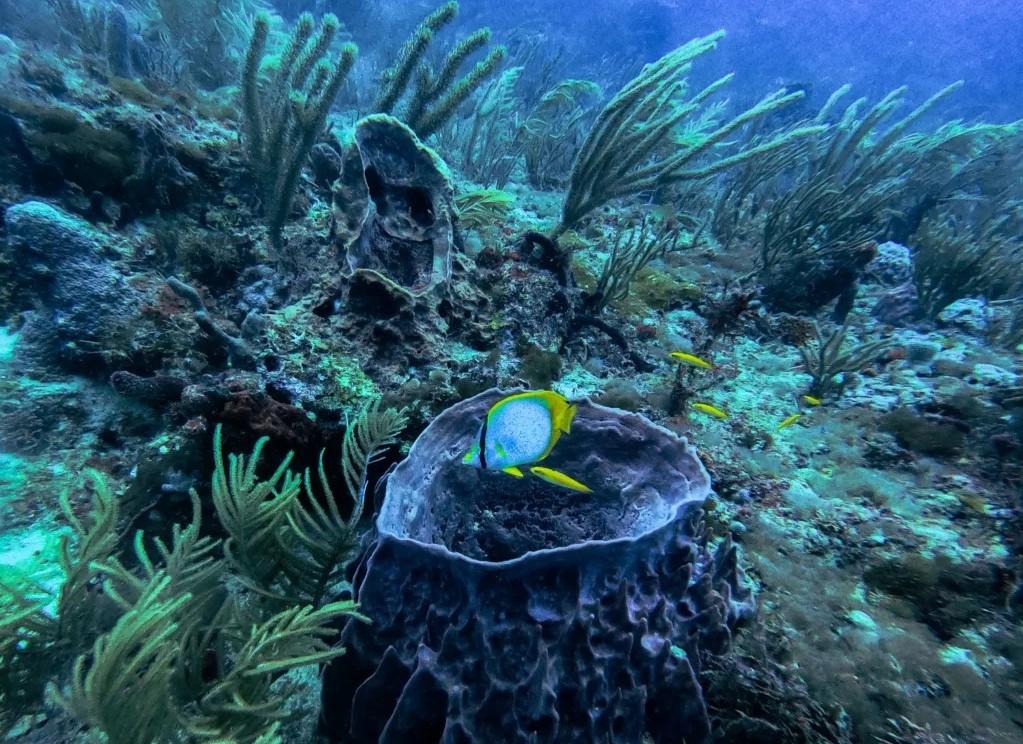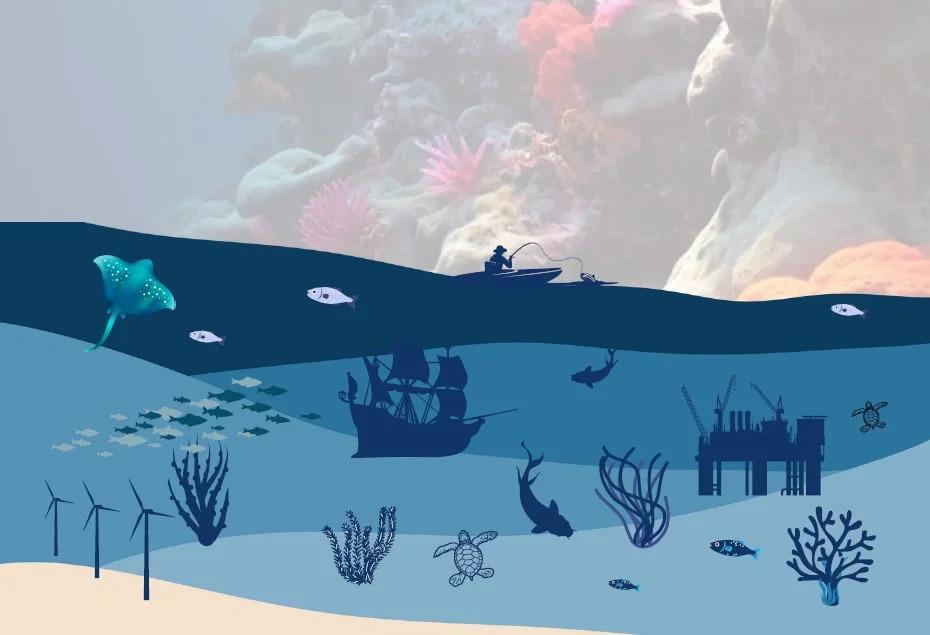
Marine Spatial PlanningIntegrating Science, Policy, and Technology for Sustainable Ocean Governance
Sustainable Marine Management
Marine Spatial Planning (MSP) is a comprehensive, science-based approach to managing marine and freshwater resources. It integrates ecological, economic, and social considerations to optimize the sustainable use of ocean spaces, ensuring that human activities and natural ecosystems coexist in a balanced manner.
By systematically allocating marine areas for various uses, MSP enhances maritime security, supports environmental conservation, and facilitates economic activities. It plays a crucial role in addressing geopolitical and sustainability challenges, particularly in regions like the Indian Ocean.

MSP in Indian Ocean Region
The Indian Ocean Region (IOR) has become a key arena for geopolitical and geo-strategic interactions in the 21st century. Nations both within and outside the region are deploying strategic assets there. Marine Spatial Planning (MSP) is crucial for governing and managing challenges and opportunities in marine and freshwater systems. By mapping resources accurately, addressing security and sustainability concerns, and deploying policy and technology interventions, MSP enables efficient exploitation of these vast systems.
MSP Position Paper
The Indian Ocean Region (IOR) has become a major center of geopolitical and strategic competition in the 21st century, connecting Asia, Africa, and the Middle East through vital trade and energy routes. Global powers like India, China, the U.S., and Japan are increasing their presence in the region to secure maritime routes, resources, and influence.
In this context, Marine Spatial Planning (MSP) is essential for sustainable and secure ocean governance. It helps map marine resources, balance economic, environmental, and security interests, and promote cooperation through technology-driven management tools like GIS and satellite monitoring.




